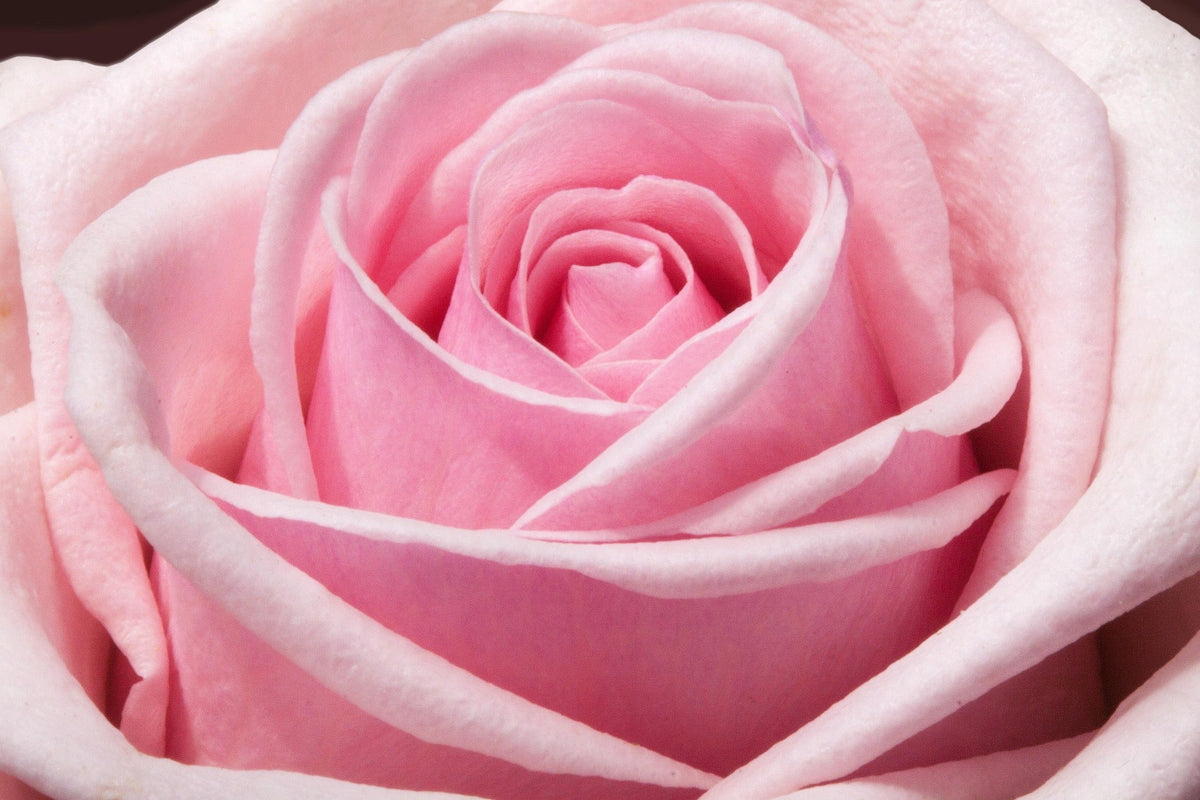
Sleep-Boosting Scents to Incorporate Into Your Bedtime Routine
|
Time to read 3 min
This store requires javascript to be enabled for some features to work correctly.
Written by: Editorial Team
|
Time to read 3 min
Armoatherapy is an ancient holistic practice of using scents to improve emotional well-being and de-stress. The earliest recorded use of aromatherapy is as early as 1AD, and while it is not recommended as an all-out cure for distress in modern medicine, certain scents have been consistently linked to improving mood and promoting relaxation, and can even help improve your sleep.
The most common forms of aromatherapy that can be easily introduced to your bedtime include (but are certainly not limited to):
Sandalwood has a mild sedative effect, helping to reduce physical and mental stresses, making it an ideal scent for bedtime. However, a minority of users have reported that sandalwood gives them more energy, so this form of aromatherapy should be experimented with before bedtime if possible.
Just like the relaxing tea, the scent of chamomile contains a flavonoid called apigenin. Apigenin binds to the benzodiazepine receptors in the brain, which calms the nervous system and is used to treat insomnia.
The beauty of a rose is matched by its scent powers. The flower has been shown to improve mood before bed, and oddly enough, even improve your dreams to be more positive! One study of rosa damascena aromatherapy on a cardiac ward in a hospital found that it helped improve the sleep of patients, despite the high-stress environment.
Aromatherapy, while not a cure for insomnia, has been linked to elevated mood and greater relaxation at bedtime.
Rose, chamomile, and lavender are clinically effective examples of armotherapy improving mood and stress before bed, which can in turn improve the quality and duration of sleep.
Yes, heat-powered diffusers especially are a fire hazard. These diffusers, and candles, should not be left unsupervised and should be blown out before falling asleep.
Aromatherapy is not used by the NHS as a primary form of medical treatment. It is not a cure, but a holistic treament.
The Myza Editorial Team
The Myza Editorial Team works together to create and curate The Sleep Journal, a series of blog posts designed to help our customers with frequently asked questions and curiosities regarding everything in the world of sleep, from sleeping positions to skin and hair care. We also provide regular shopping guides, interviews, and reviews to provide insight into our hand-picked brand collaborations and the benefits they have to offer.
Receive 10% off your first order when you subscribe to our newsletter





